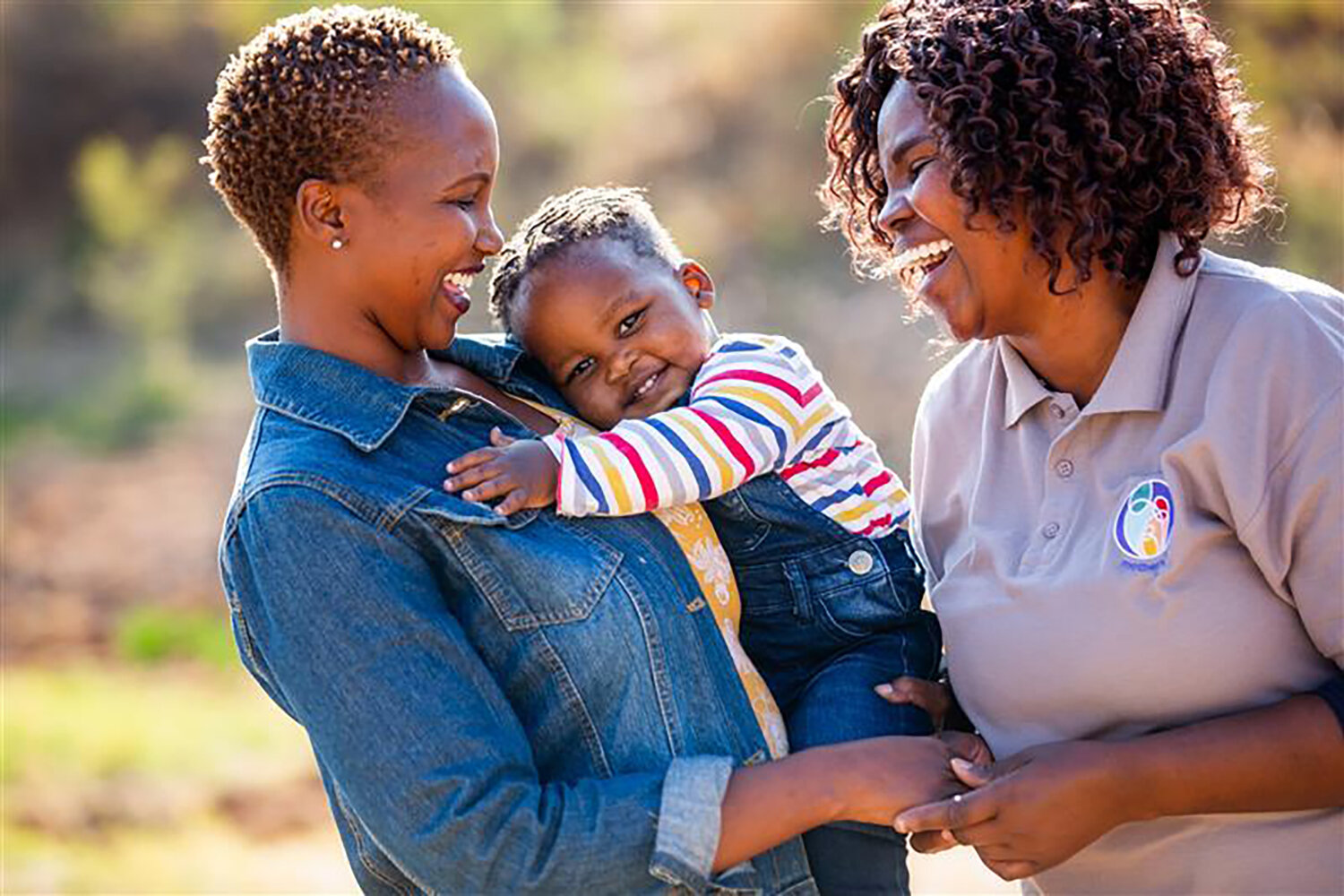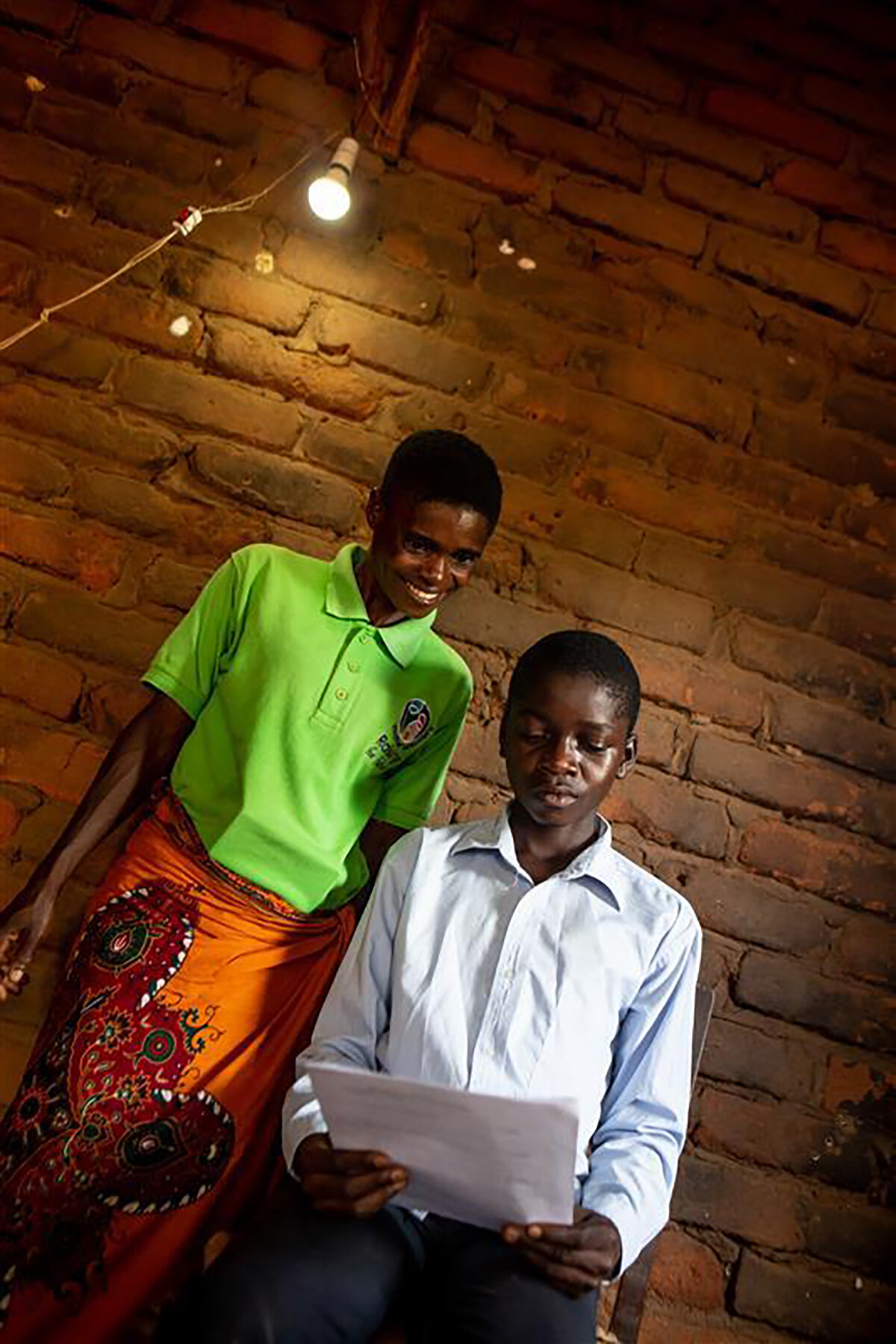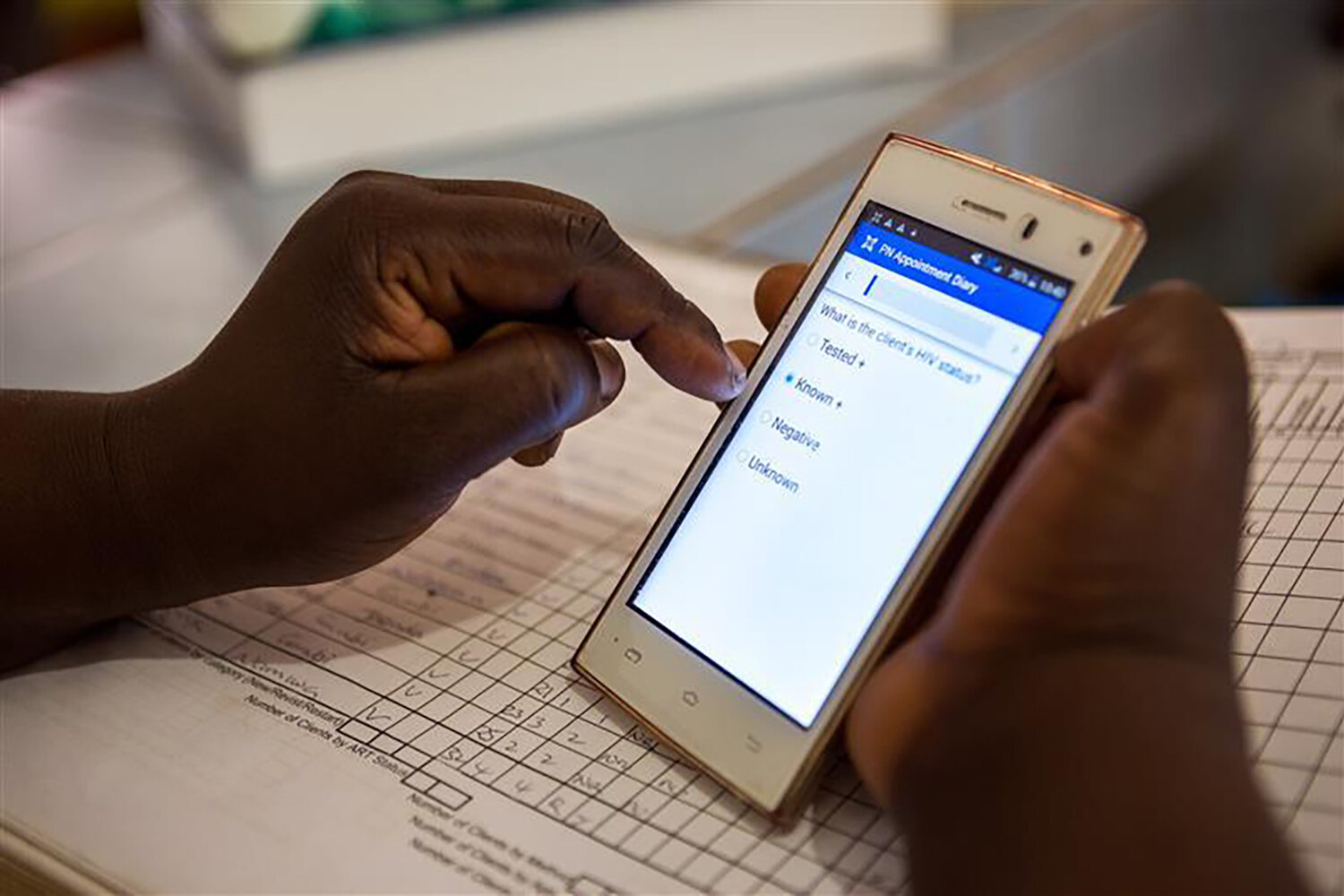- New
mothers2mothers : Supporting African Families by Employing Women Living with HIV and Providing Essential Health Services
mothers2mothers (m2m) is a non-profit organization based in Cape Town, South Africa. Through its community health program m2m employs women living with HIV--known as "Mentor Mothers"--as community health workers, providing essential health services across 11 countries in Africa. Since 2001, m2m has reached over 16 million people, created over 12,000 jobs for women living with HIV, and kept over three million at-risk women and children alive.
Bridging Healthcare Gaps: mothers2mothers' Revolutionary Journey in Transforming African Healthcare
In Africa, critical barriers still hinder over half of the population's access to essential services. These include economic factors such as transportation costs, and information gaps--especially stigma surrounding HIV and sexual health. The consequences are severe: maternal mortality in sub-Saharan Africa is 130 times higher than in the Global North1.
In light of these profound social and economic issues, mothers2mothers (m2m) has centered their action around four key innovative initiatives: (1) providing employment to women living with HIV, (2) strengthening access to healthcare through direct services and government partnership, (3) securing funding through new methods and partnerships, and (4) using impact measurement and management to support and enhance their operations.
"Mentor Mothers": Tackling HIV and Creating Employment Opportunities
As 90 percent of babies who acquire HIV from their mothers are in sub-Saharan Africa2, m2m initially made their mission to end the transmission of HIV from mothers to their babies (which ranges from 15% to 45% if no interventions are made3). m2m tackles economic challenges and information barriers simultaneously by employing women living with HIV as "Mentor Mothers": community health workers (CHWs) who deliver comprehensive primary healthcare services, including services for HIV and for related conditions, such as tuberculosis, malaria, and cervical cancer. Mentor Mothers deliver services that ensure sustained care for women, adolescents, and children through healthcare facilities, home visits, and e-services. As a trusted community partner, they ensure individuals not only receive care, but also adhere to necessary treatments. As one m2m representative explained, "The main success factor that underpins our model is that it is peer-based and local. Community health workers are in the driving seat and services are delivered by people from the same community as those they serve--meaning care is tailored to local needs and rooted in shared realities and experiences."
Leveraging its 20 years of experience, the organization has expanded to address broader health challenges: their strategic plan for 2022-2026 includes the integration of clinical services such as vaccine administration, HIV viral load monitoring, and cervical cancer primary treatment (performed by m2m-employed nurses where appropriate). In order to
speed the journey to health for all, m2m also provides technical assistance services to governments and other partners to strengthen health systems. m2m has partnered with more than 15 governments in this way.
Beyond their own operations, m2m has also been advocating for the economic empowerment of the communities they consider to be a critical element of the health system. As such, m2m has been working with both the Community Health Impact Coalition and the Frontline Health Workers Coalition to ensure fair remuneration and full recognition and accreditation of female CHWs in national and global policy frameworks, including at the World Health Assembly4.
A Diversity of Partners to ensure Sustainable Growth and Operations
While m2m's action has been focused on creating systemic change across healthcare in Africa since 2001, sustaining and expanding this mission over decades was challenged by the limitations of traditional philanthropic funding and shifting government priorities. This lead m2m to diversify its fundraising beyond traditional NGO methods. Their investment and support partners are not limited to bilateral & multilateral
organizations and foundations, but also include impact investors, trusts, corporations, high net worth individuals, and advocacy coalitions.
Moreover, m2m's commitment to building a healthier future also extends to assisting other partners dedicated to the same mission. Their collaboration with the impact investment community included a pivotal intermediary role in the first Social Impact Bond focused on Early Childhood Development (ECD) in the Global South5. Providing both technical assistance and capacity building, m2m structured the transaction, raised capital from impact investors including LGT Venture Philanthropy and Standard Bank Tutuwa Foundation, and helped modernize service delivery systems. The three-year, $1.4M Impact Bond Innovation Fund (IBIF) achieved a 14% coupon rate based on performance metrics, close to its maximum target of 16%.
Impact Measurement and Management: Key Efforts to ensure Success in Reaching the most Vulnerable Populations
To effectively evaluate the impact of their initiatives, m2m employs a structured Monitoring & Evaluation (M&E) system that operates at multiple levels - from site-specific data collection to national coordination. Their M&E framework includes real-time data entry at site locations, weekly data reviews for accuracy, and systematic quality checks. To ensure data analysis results help improve m2m programs on the field, m2m employs a dedicated M&E team to conduct staff training and site supervision based on M&E learnings. Thanks to this data, M&E officers can improve their understanding of local healthcare systems - an expertise which they also make use of to provide transparent reporting to donors and government partners.
Through this impact assessment system, m2m tracked their reach to 1.2 million people across 10 African countries in 2022. While service coverage varies by country, it consistently includes reproductive, maternal, newborn, and child health services, as well as HIV prevention, care, and treatment, which enables m2m's impact to carry to particularly vulnerable populations. Key impacts for select patient categories include:
- Women: 95% of female clients (aged 15-49) of m2m underwent HIV testing. 95% of m2m clients living with HIV remained on antiretroviral treatment at 12 months in 2022, achieving high treatment adherence.
- Children: m2m achieved virtual elimination of mother-to-child transmission of HIV among its enrolled clients for the ninth consecutive year. In addition, 98% of children who received m2m's early childhood development services reached all their developmental milestones at 12 months.
- Adolescents: The uptake of family planning among m2m's adolescent clients increased to 50% in 2022 (up from 39% in 2021).
Backed by these strong results, m2m offers compelling evidence that transformative change starts at the community level. m2m's pioneering approach provides valuable insights for development initiatives worldwide, while steadily building the foundation for a healthier, more equitable Africa.
1https://zimbabwe.unfpa.org/sites/default/files/pub-pdf/2024_state_of_the_world_population_report_key_facts_and_figures.pdf
2National Library of Medicine
3WHO
4IntraHealth.org
5m2m.org



